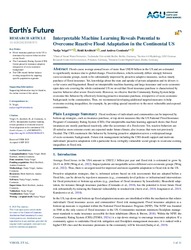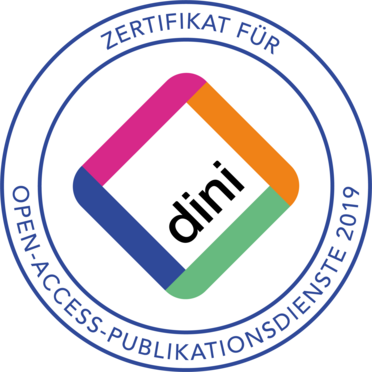Interpretable Machine Learning Reveals Potential to Overcome Reactive Flood Adaptation in the Continental US
Persistent URL: http://resolver.sub.uni-goettingen.de/purl?gldocs-11858/11169
 |
Dokument öffnen: |
Floods cause average annual losses of more than US$30 billion in the US and are estimated to significantly increase due to global change. Flood resilience, which currently differs strongly between socio‐economic groups, needs to be substantially improved by proactive adaptive measures, such as timely purchase of flood insurance. Yet, knowledge about the state and uptake of private adaptation and its drivers is so far scarce and fragmented. Based on interpretable machine learning and large insurance and socio‐economic open data sets covering the whole continental US we reveal that flood insurance purchase is characterized by reactive behavior after severe flood events. However, we observe that the Community Rating System helps overcome this behavior by effectively fostering proactive insurance purchase, irrespective of socio‐economic backgrounds in the communities. Thus, we recommend developing additional targeted measures to help overcome existing inequalities, for example, by providing special incentives to the most vulnerable and exposed communities.
Flood insurance purchase in the US is dominated by reactive behavior after severe floods
The Community Rating System (CRS) fosters proactive insurance adoption irrespective of socio‐economic background
The CRS should further balance existing inequalities by targeting specific population segments
Statistik:
ZugriffsstatistikSammlung:
- Geographie, Hydrologie [454]

